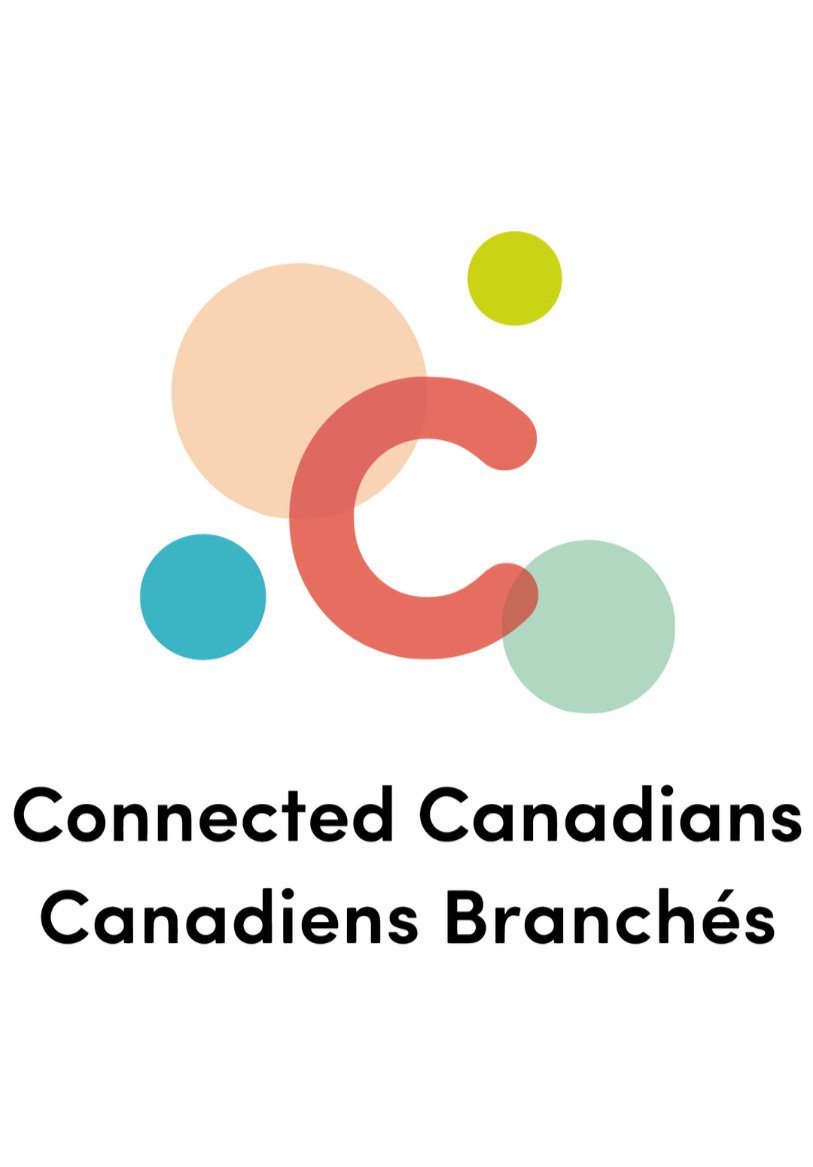Music and Tech - 6 Simple Tools You and Your Grandmother Can Use
Connected Canadians helps older adults improve their technology skills. Next weekend we will be running a workshop to show seniors how they can use their devices to learn more about music. As a DJ and music lover, there are some simple tools that I use on a regular basis, which can help anyone. We want to show you too.
1. Shazam
While most people under the age of 50 are quite familiar with it already, Shazam is a dream come true for anyone who ever asked “what song is that”? Formerly, DJs would hide their music by obscuring the labels of their records while they played, but this app really puts an end to that, as it recognizes over 15 billion songs and has more than 250 million users (Shazam (application) - Wikipedia). While Shazam is most commonly used as a mobile phone app, it is also available for macs through the app store.
2. Midomi
If you don’t have a song actually playing, but have it stuck in your head, Midomi will allow you to sing the tune and can help you identify it that way. While Midomi and Shazam are very similar in terms of use, experts agree that Midomi (also known as SoundHound) has a better database for obscure music while Shazam has a better tolerance for noisy environments (Kelapure)
3. Genius
For anyone interested in the lyrics of the songs you are listening to, Genius is a massive database of lyrics across multiple genres. From Astrud Gilberto to The Wu Tang Clan, Genius has got you covered.
4. WhoSampled
You know when a new hit song that everyone is singing seems to re-use an older song? WhoSampled is a site which allows you to input a song and look at the other songs related to it - whether it is an old song that was sampled in new songs, or vice versa. It also conveniently embeds the songs in question in video players, so that you can hear exactly what you are referring to.
5. Discogs
Want to know if any of those dust-collecting records you’ve got in your basement are actually worth a fortune? Discogs is a crowdsourced music catalogue, where you can look up obscure (and popular) records and other releases to find out more about them. It currently has over 9 million releases, and over 5 million users, and references all genres of music (Discogs - Wikipedia). You can also create a profile and build up and track your own music collection, including the approximate value of your records (or CDs). Discogs also allows you to buy and sell records, and set up a want list of items that you are looking for.
6. Audacity
For those who want to tackle more complex audio-editing tasks, Audacity is a free, open source music recording and editing tool that will allow you make simple edits on audio files. Whether you’ve recorded music from old vinyl records you have lying around your house, and want to reduce the pops and crackling sounds, or if you’ve recorded a podcast and want to trim out certain portions of it, this is a simple tool that will allow you to do that quickly and easily.
by Emily Jones Joanisse

